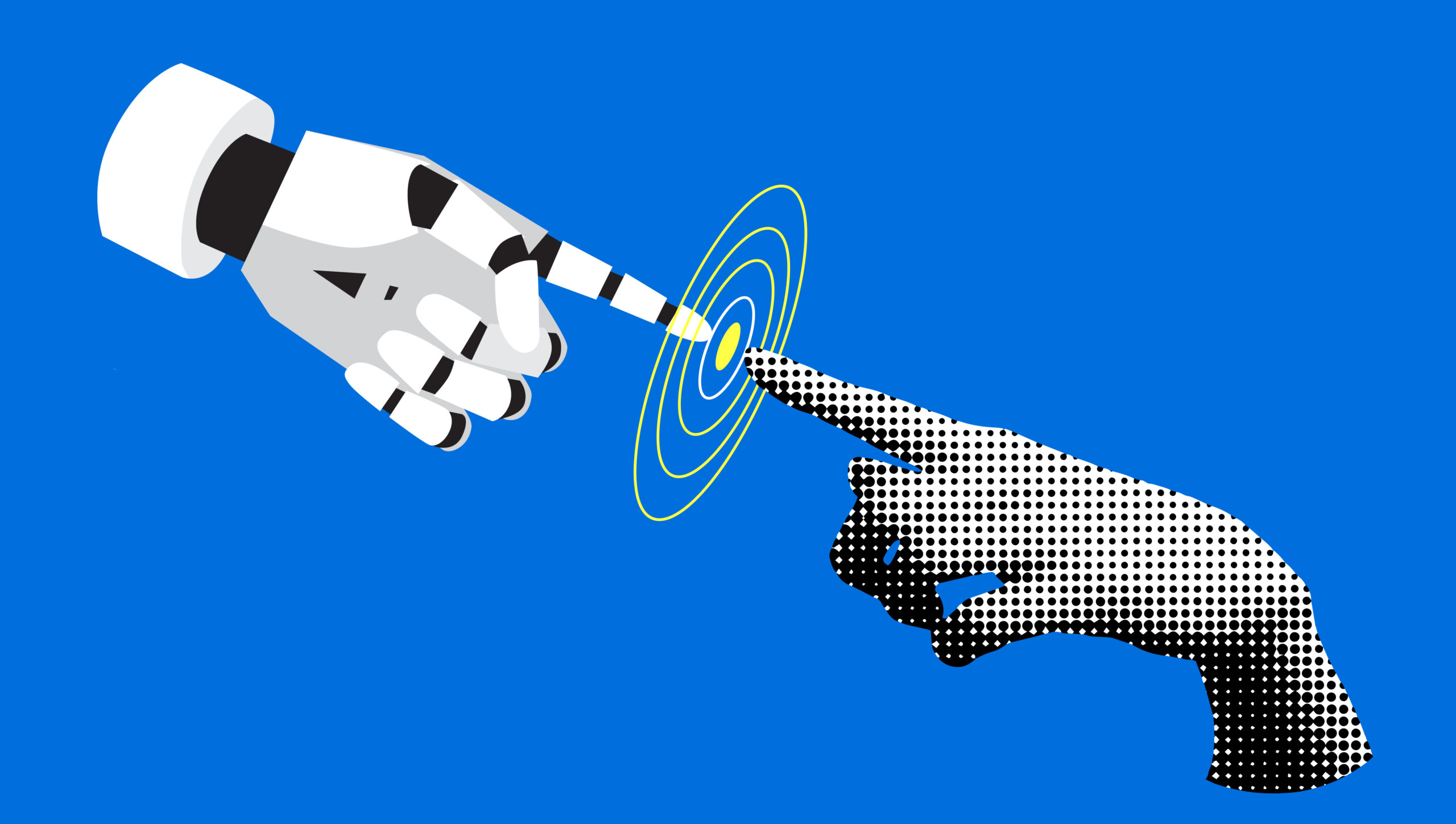The human element is making a comeback in the job search – and it is powered by artificial intelligence. If you follow the news about the job market, it looks like everyone is using AI as ammunition. Job seekers, tired of being subject to unknown algorithms and interviews with inanimate objects, are using AI to …

The human element is making a comeback in the job search – and it is powered by artificial intelligence.
If you follow the news about the job market, it looks like everyone is using AI as ammunition. Job seekers, tired of being subject to unknown algorithms and interviews with inanimate objects, are using AI to answer the robot’s questions, write their resumes, or even hand over the entire application process to specialized AI service companies. Several employers have stated publicly that they believe job seekers are using AI to “cheat” and accuse them of inauthenticity, which can often ring hollow to applicants who have suffered through the indignity of having their work history ranked and reviewed by a computer.
The resulting digital arms race has forced employers to evaluate their emphasis on digital efficiency. The solution? The good old-fashioned in-person face-to-face interview. How’s that for a plot twist? Cutting down on digital red tape and accelerating the process of getting candidates in the room has advantages for everyone involved, and it’s part of a larger pattern returning the human element to the center stage.
For example, most major companies have adopted back-to-the-office policies, a trend that is growing in 2025, along with a push for five-day in-office workweeks. For better or for worse (depending on your point of view), employers want their employees in the same room, providing human contact and creating an environment that favors professionals with strong people skills and helps develop those skills in individuals who may not be naturals.
Now that anybody can use AI, and the line between real and deep fake becomes more difficult to see, there is a renewed focus on authenticity. How this manifests, is still a bit ambiguous, though – employers don’t want AI-written resumes, and job seekers would rather take a person-to-person interview than fill out endless online questionnaires. The result is more human contact.
This doesn’t mean the labor-intensive job process is a thing of the past, and the frozen job market has made it worse. Networking is more important than ever for recruiters and job seekers alike. Leveraging your professional (people) network to work around the normal, more congested channels is like a “gray market” (i.e., unofficial) channel for employment.
The system has been virtual to one degree or another for a long time, and everyone has gotten used to things like texting, emailing, Zoom calls, online applications, LinkedIn, and now, of course, AI. Employers’ shift to requiring a human element is intentional, and let’s face it, they own the playing field. Within the law, they can set whatever rules and processes they want to use to recruit and hire. Thus, take note that the human element is becoming more important to employers right now, and so try to take advantage of this as you look at finding and getting your dream job.
Philip Roufail contributed to this article.
Scott Singer is the President and Founder of Insider Career Strategies Resume Writing & Career Coaching, a firm dedicated to guiding job seekers and companies through the job search and hiring process. Insider Career Strategies provides resume writing, LinkedIn profile development, career coaching services, and outplacement services. You can email Scott Singer at scott.singer@insidercs.com, or via the website, www.insidercs.com.
Photo Credit: iStock – Alona Horkova





